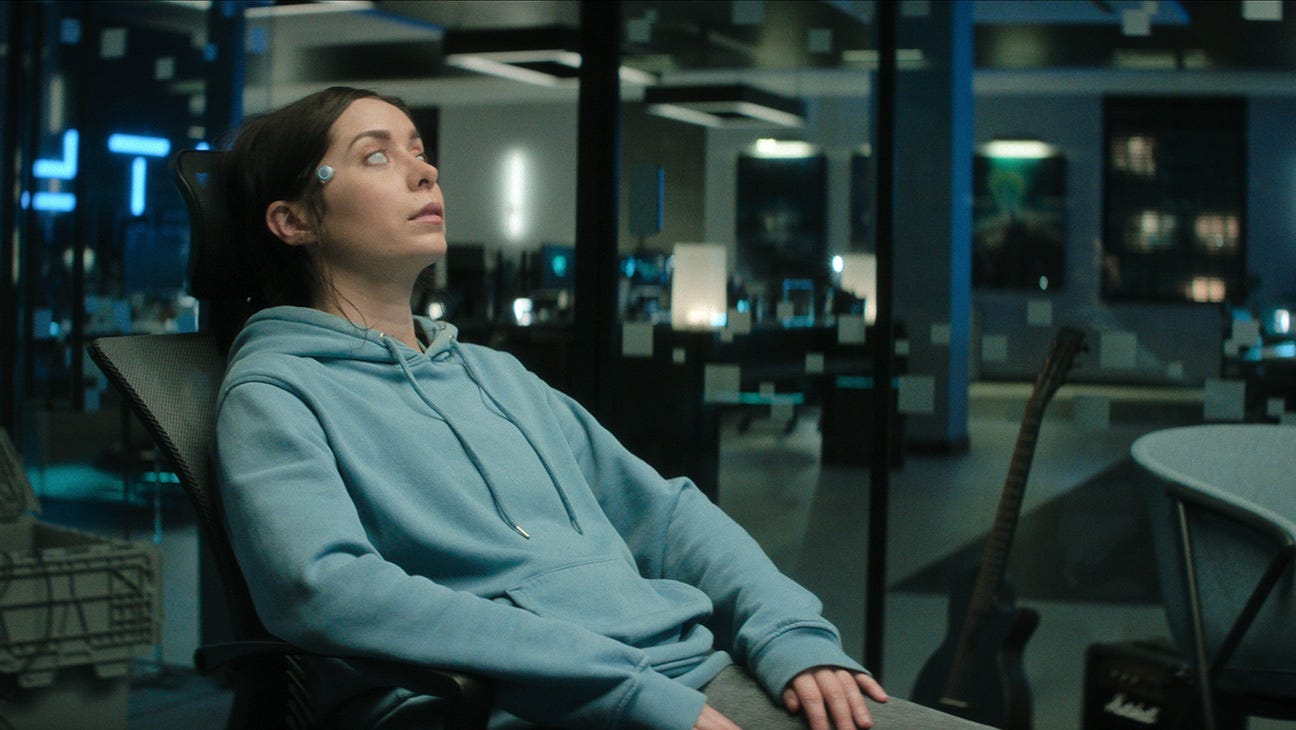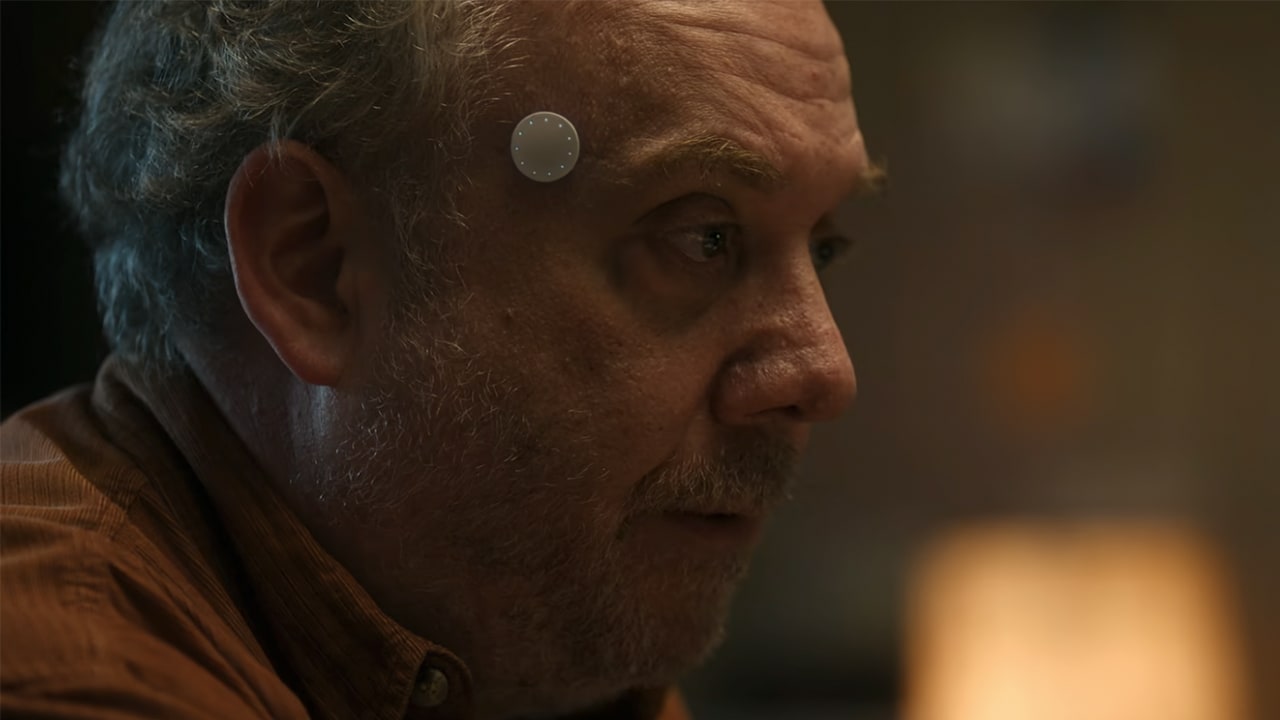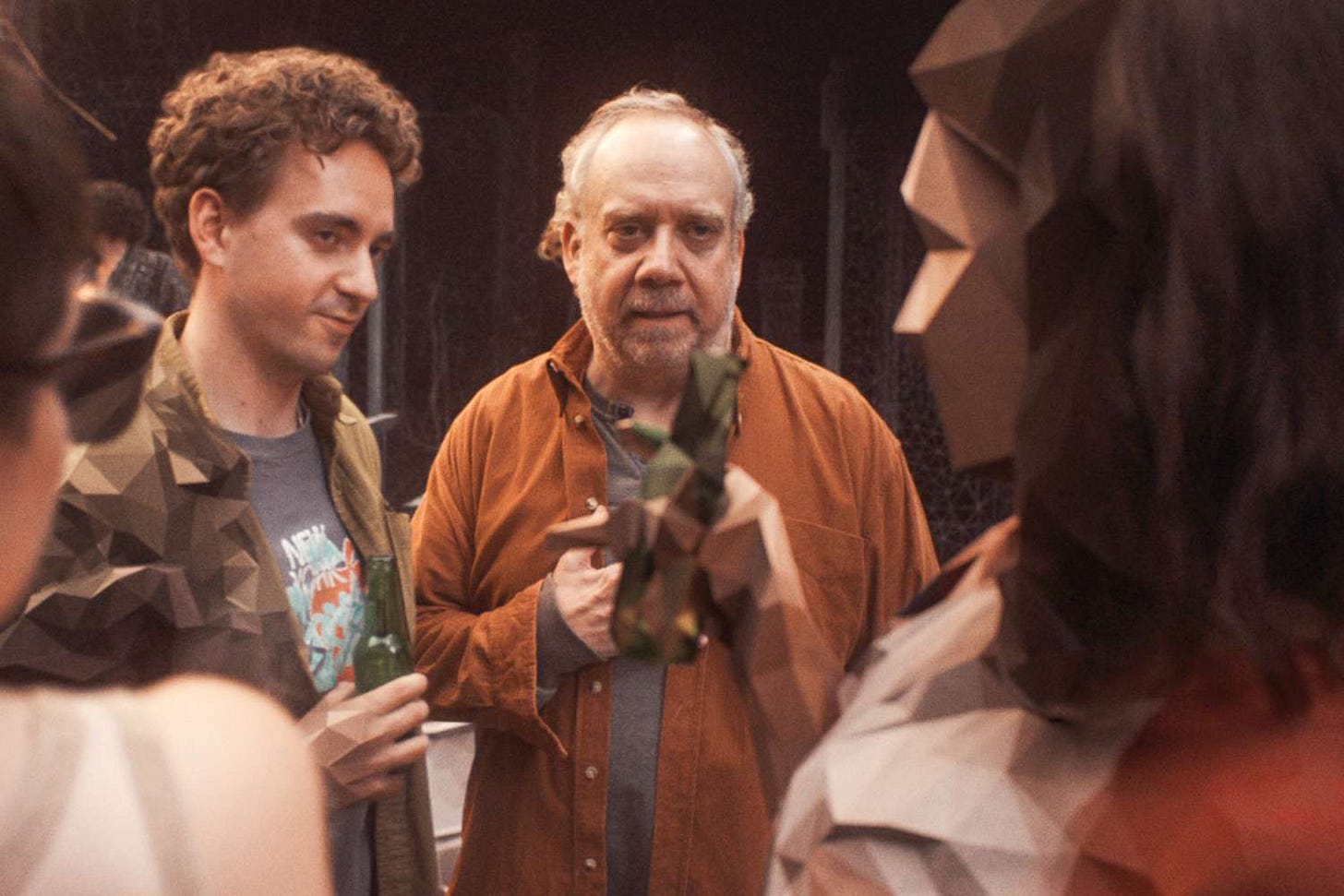GTA 6, Black Mirror, and the Platonic Ideal of the Video Game
What could games ultimately become? Rockstar Games and Black Mirror creator Charlie Brooker offer diverging visions.
There have been rumors floating around about the budget for Grand Theft Auto VI.
Some have suggested1 that it’s somewhere in the range of $1–$2 billion—a number that sounds impossible until you learn that GTA V raked in more than $8.5 billion over its lifetime. Suddenly, two billy sounds… actually pretty reasonable?

We don’t know for sure. But if its budget lands in the middle of that range, GTA VI would be the most expensive entertainment product ever created. It would cost more than all three of the latest Star Wars trilogy films combined.
Based on the trailer Rockstar surprise-dropped on Tuesday, it’s sort of easy to imagine how it might have cost that much.
To call the visual fidelity here impressive would be a gross understatement.
“Literally the best graphics I’ve ever seen,” wrote YouTuber Jake Randall in response to Rockstar’s trailer on X.
That’s gotta be the first time in years I’ve seen anyone use the word “graphics” when talking about a video game. Games used to wow us like this all the time, or at least once or twice per console cycle. You’d proudly connect your new 1080p LG TV to your Xbox 360 and invite guests to admire the fine details on display: the sweat flying off the bodies in the latest Fight Night, the accurate reflections in the mirrors in the newest Forza Motorsport, the subtleties of the lighting in Mirror’s Edge.
But then the Xbox One was—true to its name—359 degrees short of a 360. And some of the PS4 games-that-would-rather-be-movies were impressive, but they all sort of blur together with PS3 and PS5 titles, don’t they? Was it The Last of Us that did the thing with the rope physics? Or was it the remake of the remaster of Part II?
It doesn’t matter. The point is, people haven’t seen truly mind-blowing video game visuals in a while. And many straight-up didn’t believe that the Grand Theft Auto VI trailer could possibly be legit. “None of that looked like gameplay,” wrote one commenter in response to Randall’s tweet.
So Rockstar came out to set the record straight. Yeah, that’s really what the game looks like:

In an industry where nobody can stick to a budget, GTA VI is the game that boldly asks what budget?
What is the theoretical upper limit of what’s technically possible when a developer pours the maximum possible time, money, and resources into a single video game? For now, at least, the answer is Grand Theft Auto VI.
But this raises another question, a pure hypothetical: What if you actually had infinite time and money and resources? If you made Grand Theft Auto XXXVI with a $10 trillion budget, what would it look like?
Another way of putting it: How beautiful and immersive could video games become if technological progress was taken to its logical extreme?
Black Mirror creator Charlie Brooker offers one answer.
The Experiencer Disk as the Final Games Platform
Some spoilers follow for Season 7 of Black Mirror.
Of the six episodes in Season 7 of the hit Netflix series Black Mirror, half of them are centered around the implications of a sci-fi technology called the Experiencer Disk. The disk is basically the ultimate virtual reality device. No heavy headset, no invasive Neuralink surgery required. You just stick this little glowy nubbin onto your temple and give a voice command to connect. Then the disk overrides your neural system and fully immerses you in a virtual world where you can touch, taste, and do anything.
The Experiencer Disk first showed up officially in Black Mirror Season 3, including the critically-acclaimed San Junipero (2016). But even the Season 1 episode The Entire History of You (2011) featured a similar technology. That is to say: Black Mirror creator and lead writer Charlie Brooker has been obsessed with this idea for a long time. And he keeps coming back to explore the same themes, especially the seductive appeal of fully immersive virtual worlds and our desire to re-experience our own memories.
In Season 7, Brooker returns to explore the Experiencer Disk idea from three different angles. USS Callister: Into Infinity (a direct sequel to an episode from Season 4), follows a group of sentient AI “clones” generated from real human DNA. The clones are trapped in a massively multiplayer space exploration game called Infinity, a game that feels very inspired by Star Citizen. It’s a massive universe with guns, spaceships, and a lot of microtransactions. Human players enter the game using the Experiencer Disk and are simply booted back out to the real world if they’re killed, but the AI characters risk permanent death if killed in the game.
This is the Experiencer Disk as the ultimate form of the realistic big-budget video game—more immersive than the headsets in Ready Player One, more convenient than the holodeck from Star Trek. It is the final games platform.
But then, in Hotel Reverie, Brooker uses the technology to imagine a new medium—something combining a movie, a game, and a play. Whereas the characters in Into Infinity are desperate to escape from their virtual world, Hotel Reverie explores the opposite idea. Actress Brandy Friday (Issa Rae) uses an Experiencer Disk to voluntarily enter into an immersive reconstruction of an old movie. After some technical issues temporarily strand her there, she hesitates to leave when given the chance. Her relationship with one of the AI agents inside the world has become too rich and too meaningful to leave behind.
In this world, games as we know them would be an outmoded, anachronistic form. This is the Experiencer Disk as the successor to video games, the thing that comes after.
Finally, there’s Eulogy, maybe the most haunting episode yet from a show already infamous for the darkness of its vision of the future.
I’m not going to spoil the plot of this episode—you should just watch it. (Paul Giamatti delivers a genuinely beautiful performance.) But the animating technological idea in this one is that the Experiencer Disk can use a combination of real-world material (like photographs) and the user’s actual memories to procedurally generate fully immersive 3D environments on the fly.
This is the Experiencer Disk as a portal into our own minds. We could use it to revisit our past. Or, at least, the pieces of it that we can remember.
There’s a school of thought that says that video games are about escape. That this is the point of the form—to make us, the player, so immersed in a virtual world that we are able to get away from ourselves, to forget everything else. And so the best video game would be the one most fine-tuned to maximize the sense of immersion. It would need the most realistic visuals, the biggest world, characters that feel truly alive.
In that sense, Into Infinity is the Platonic ideal of this sort of game.
Black Mirror’s Brooker is undoubtedly obsessed with this vision, and with video games in general. But he also seems interested in other possible branches of the video game tech tree. Maybe, he seems to be asking, there are other things that game technologies could turn into, focused on values beside escape. What if there was a branch of the gaming tech tree that focused on engaging us more deeply with reality? With our memories, our relationships?
Maybe we’ll get there one day.
In the meantime, I’m gonna pre-order GTA VI.
One source for GTA VI budget speculation is this Insider Gaming article, but as far as I can tell nobody actually has any clue what the real number is. I’ve asked a bunch of industry friends, though, and almost everyone I’ve spoken with believes the game cost well over $1 billion.












Hollywood always seems to portray future games as ultra-immersive VR focused on escapism. Games are much broader than that; there's a reason Chess and Tetris and Street Fighter still endure.
I subscribe to the experiential motivation based theory of games, pushed by frameworks like MDA and Quantic Foundry. Immersion and escapism are certainly a large sector, but not the only one.
https://en.m.wikipedia.org/wiki/MDA_framework
https://quanticfoundry.com/#iLightbox%5Bb39ad34b5860b128436%5D/0